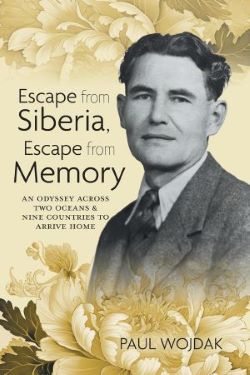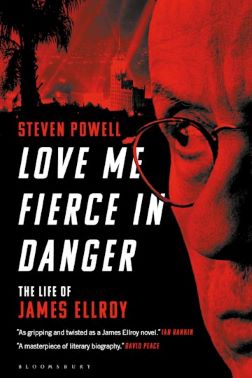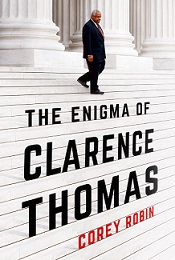An author travels the globe to learn about the man he thought he knew.

Paul Wojdak, a retired geologist living near Vancouver, British Columbia, has written in 2024’s Escape from Siberia, Escape from Memory a singular memoir of his father, Pawel Wojdak (1912-1984). Part of what makes this story such remarkable reading is the fact that the author didn’t discover until adulthood that the Polish Pawel was actually born in Novosibirsk, Siberia.
Pawel lost both parents during the tumultuous period spanning World War I and the Bolshevik Revolution. Orphaned at 7, he was part of a Siberian children’s caravan taken in by Japan in 1920. He was then sent to America, where he resided in orphanages in Chicago and Milwaukee before being “repatriated” in 1922 to a free Poland (un-partitioned in 1919 by the Treaty of Versailles). Thus, by his early teens, Pawel was living in a “home country” he’d never been to before.
He was sent from an orphanage to a farm near the Polish-German border to be fostered by a German couple until he was old enough to work for himself. He then moved to a Germany rapidly transforming into the Third Reich. Poles there subsequently became “untermenschen,” or racial inferiors. Many, like Pawel, were nonetheless forcibly conscripted into the Wehrmacht during World War II. While he fought for the Nazis in Italy, he swiftly declared himself a prisoner of war and switched sides, joining the Polish II Corps in 1944-45 and fighting alongside the Allies.
After the war, Pawel moved to England, remaining with the Corps until his internment ended in 1948. While in England, he met Paul’s mother, Ricky, a Dutch refugee from Amsterdam. Paul was born in 1948, and the family immigrated to Canada in 1952. It was there that Pawel — who’d by then lived, worked, and/or fought in nine different countries — died three decades later.
What is unique about this book is the lengths the author went to in order to fill in the genealogical gaps in his father’s life. Pawel had suffered from what was termed “psychological amnesia” (modern-day PTSD) over his wartime experiences and was largely uncommunicative to his son. But he did say enough to make Paul want to know more.
To understand the full story, he traveled to Japan and Poland and received archival documents from England, Germany, and Russia, including museum records, orphanage rolls, and personal documents from some of the people who’d known young Pawel (including those who’d cared for him in the 1920s).
Though not a trained historian, he takes care to detail the history of pre- and postwar Poland, Russia, and Japan effectively. He also has taken care — via precise documentation — to paint a picture of a child, young man, and adult who was, above all, a survivor and a proud Pole.
Despite the trauma of losing both parents amid the chaos of wartime Russia, Pawel Wojdak persevered with honor and ultimately prevailed over extreme adversity. His son is to be commended for ably telling his story while simultaneously shining a light on Poles’ current struggles and amplifying the cries for a free Poland still echoing in the 21st century.
Andrew M. Mayer is professor emeritus of humanities and history at the College of Staten Island/CUNY.

